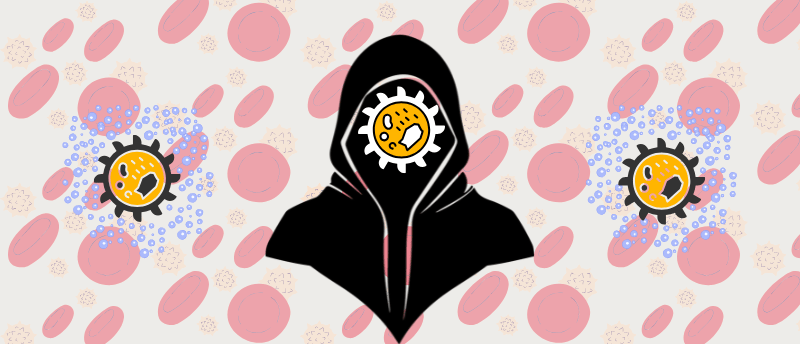Cloaked CAR-NK cells avoid cytokine release syndrome

Immune-evading CAR-NK cells maintained a population in mice long enough to eliminate cancer whilst avoiding cytokine release syndrome.
Massachusetts Institute of Technology (MIT) and Harvard Medical School (both MA, USA) researchers have developed chimeric antigen receptor (CAR) natural killer (NK) cells that evaded the immune system, eliminating cancer in mice with lymphoma. This could lead to ‘off the shelf’ treatments that fight cancer more effectively.
CAR-NK cells are one of the newest weapons in our fight against cancer. They are created by isolating autologous NK cells – cells taken from the patient they will be used to treat – and engineering them to express a CAR. They have the potential to treat cancer effectively and selectively, but the length of time needed to proliferate a therapeutic dose of cells can impact their viability.
To address this, some scientists are looking at generating banks of allogeneic CAR-NK cells – developed from a healthy donor – that could be used ‘off the shelf’. However, these carry the risk of immune rejection and potentially life-threatening cytokine release syndrome, a common side effect of immunotherapy.
Helping CAR-NK cells hide
In this study, the researchers sought to create a CAR-NK cloaking device that would reduce the risk of immune rejection. They investigated immune checkpoints PD-L1, HLA-E and CD47, and discovered that allogeneic NK cells avoided a T-cell response when they were engineered not to express the surface proteins collectively known as HLA-ABC. They also reported that PD-L1 expression inhibited host T-cell response and HLA-E expression prevented host NK cells killing the allogeneic NK cells.
To apply this to a therapeutic that could be evaluated, the team started by identifying a potent short hairpin RNA that enabled specific knockdown of HLA-ABC without affecting HLA-E expression. They then used DNA constructs to create CAR-NK cells that targeted CD-19 and tested them on murine models of the human immune system and lymphoma.
Mice that received the engineered CAR-NK cells maintained their NK cell population for over three weeks, enabling the NK cells enough time to eliminate their cancer. The engineered cells also suppressed the cytokines involved in cytokine release syndrome.
Immunotherapies of the future
The team anticipates that the improved safety profile of their CAR-NK cells could lead to them being utilized in place of CAR-T cells. They hope their platform could also be applied to improve safety and efficacy of CAR-NK cells currently undergoing clinical trial, advancing their approval for clinical use.
“This enables us to do one-step engineering of CAR-NK cells that can avoid rejection by host T cells and other immune cells. And, they kill cancer cells better and they’re safer,” commented Jianzhu Chen, an MIT professor of biology and one of the senior authors of the study.